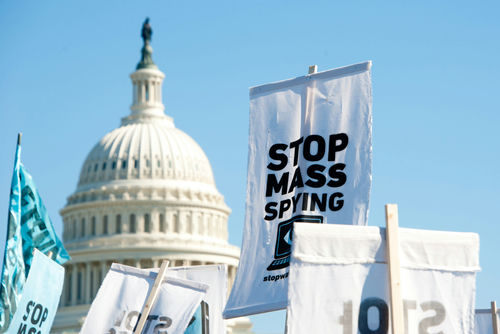In the land of the free, is your smart meter really your silent snitch?
The Rise of Smart Meter Surveillance
In Sacramento, the use of smart electric meters has sparked a heated debate about privacy and government overreach. These devices, initially intended to enhance energy efficiency, are now tools for law enforcement to monitor electricity usage patterns across the city. The practice has roots in the late 20th century, when indoor cannabis cultivation surged, demanding high electricity for lighting and climate control. This spike in energy consumption caught the attention of law enforcement, who began using it as a potential indicator of illegal activity.
Utility companies, by tracking power usage, can report anomalies to authorities, effectively turning smart meters into surveillance devices. This raises significant concerns about privacy, as residents unknowingly find their daily lives monitored. The question on everyone’s mind is: where do we draw the line between public safety and individual privacy?
Stakeholders and Their Motivations
The key players in this scenario include law enforcement agencies, utility companies, cannabis cultivators, regulators, and civil liberties organizations. Police departments utilize power data to crack down on illegal cannabis operations, often linked to organized crime. Utility companies, in their role as watchdogs, report unusual consumption patterns, a move that puts them at odds with customers’ expectations of privacy.
SMART METERS- An energy supplier took control of SMART meters in Colorado homes, by triggering an ‘emergency’
Exactly the same thing is planned in the UK
Energy suppliers will be able to ration supply & temperature under emergency conditions
SMART = your loss of Control ‼️ pic.twitter.com/kgjJEitZUQ
— Bernie (@Artemisfornow) July 26, 2024
Cannabis cultivators, whether legal or illegal, are directly impacted. Legal growers face energy efficiency mandates, while illegal operators strive to evade detection. Meanwhile, civil liberties groups argue that the use of power data infringes on the Fourth Amendment rights, drawing sharp lines in the sand regarding privacy and government overreach.
The Legal and Ethical Quagmire
Recent developments highlight the ongoing battle for privacy rights. The precision of smart meter data makes it a tempting tool for authorities, yet its usage as sole evidence is increasingly challenged in courts. Some jurisdictions now require additional corroborating evidence before taking action based on power data alone.
Announcements from law enforcement emphasize that high power consumption is merely one factor in their investigations, but privacy advocates demand stricter oversight. The conversation continues as courts grapple with setting precedents that balance safety and civil liberties.
The Broader Implications
The implications of using smart meters for surveillance extend beyond cannabis cultivation. This practice can lead to false positives, with innocent residents falling under suspicion. Over time, this could drive illegal growers to adopt off-grid solutions or sophisticated tricks to mask their consumption, further complicating law enforcement efforts.
For years, Sacramento has been running an illegal scheme using power meters for mass surveillance. Last week, we asked for a court order to stop this practice for good. https://t.co/ls2RwHvG6G
— EFF (@EFF) July 22, 2025
The social and political landscape could shift as a result of strained relationships between communities and law enforcement. The pressure is mounting on the cannabis industry to adopt energy-efficient technologies, while utility companies may face new compliance demands regarding data privacy. As the debate continues, the need for a balanced approach becomes clear—one that respects both public safety and personal freedom.

